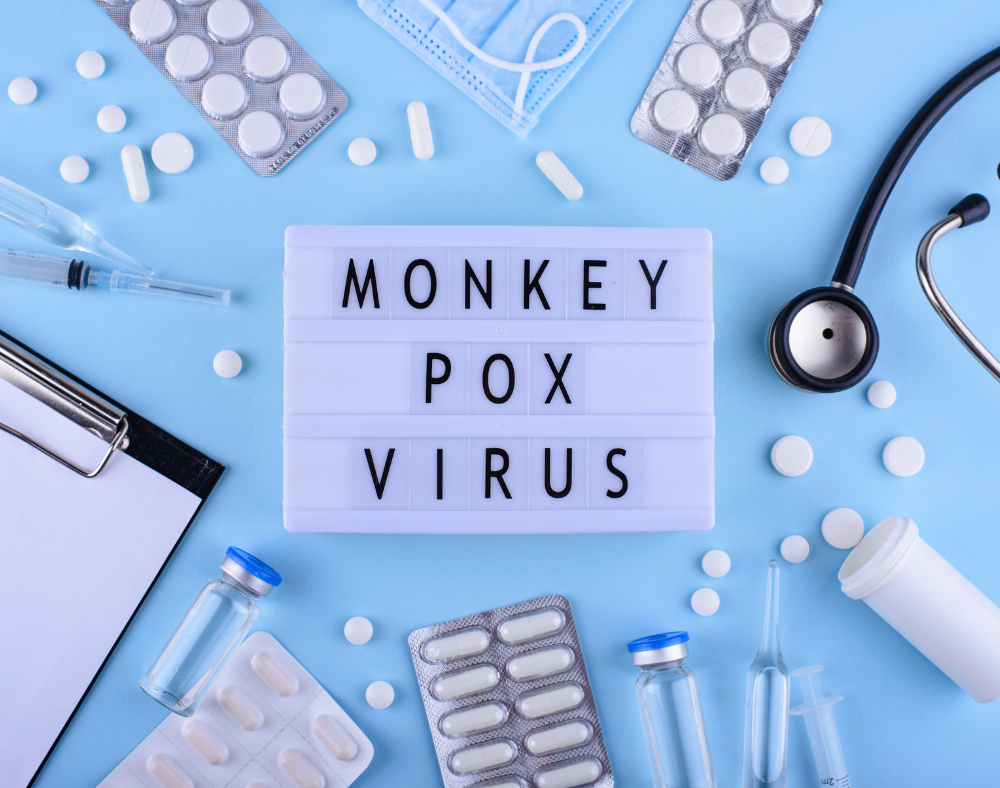The Department of Health, as well as Local Public Health Units, are currently working to monitor cases and their contacts to stop the further spread of MonkeyPox within the community.
What is Monkeypox?
Monkeypox (MPX) belongs to a group of viruses known as orthopoxviruses. It is the same group that includes smallpox. Happily, it does not cause as severe a disease as smallpox (which usually results in death), but it is still a problem. In most cases, the disease is mild and short-lived (usually a few weeks), but in some cases can be more severe.
What are the Symptoms?
MPX usually starts with a rash which develops into blister-like sores that may burst to form ulcers and scabs. The size and number of these can vary from one small lesion to thousands. Typically, other symptoms include fever, chills, headache, swollen lymph nodes, joint pain, muscle aches, back pain and exhaustion. Some people only go to the rash stage. The rash usually appears on the face first and spreads to other parts of the body, although some have only reported rash in the genital and perianal regions.
How Is MPX Spread?
There are three main ways by which MPX can be spread from person to person.
Direct contact – through skin-to-skin contact with an infected person with rashes, blisters, or sores on their skin.
Close contact – through bodily fluids or droplet infection from a cough or sneeze.
Indirect contact – through an infected object such as bed linen or towels.
How is MPX Diagnosed?
Through swabs of the skin or nasopharynx, throat or anorectal mucosa and using NAA (nucleic acid amplification tests).
What Happens If I am Diagnosed?
You must isolate until all the sores have completely healed and there is a fresh layer of skin.
You must also isolate if you think you may be infected until you return a negative test.
Prevention
If you think you have been exposed to MPX and are within 4 days of the exposure time, there is a vaccine that can be taken and may still protect you against the disease.
Supply of the vaccine for MPX (JYNNEOS®) is limited, so access to vaccines is initially given to those at a higher risk of encountering the disease. This includes:
- Close physical contact with infected people, including intimate partners and household members.
- Groups who may be at higher risk of exposure or spread of MPX which include bisexual or gay men, or men who have a high number of sexual contacts
- Travelling to countries where MPX is found; or people to whom MPX is more likely to result in serious illness for immunocompromised individuals.
- People with occupations that could put them at higher risk, such as healthcare and laboratory workers.



